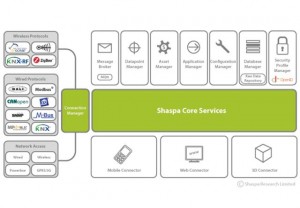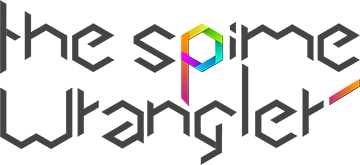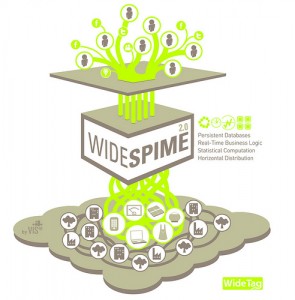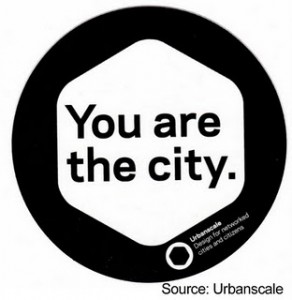 Oliver Goh of Shaspa Research said in an interview with Into Tomorrow during CES2010 that "smart technologies" should solve real world problems we experience. That oversimplifies the situation a bit, I think. The types of problems we as individuals want technology to solve will be different based on our circumstances (age, home vs business, country of residence, culture, etc) and the challenges facing businesses also vary widely depending on the domain, currency fluctuations and so forth.
Oliver Goh of Shaspa Research said in an interview with Into Tomorrow during CES2010 that "smart technologies" should solve real world problems we experience. That oversimplifies the situation a bit, I think. The types of problems we as individuals want technology to solve will be different based on our circumstances (age, home vs business, country of residence, culture, etc) and the challenges facing businesses also vary widely depending on the domain, currency fluctuations and so forth.
So how could one device detect any circumstance and be ready to respond? Good question! One which I hope to be able to ask about the Shaspa Bridge.
According the Shaspa web site where I found this diagram, their technology connects sensors, gathers data and supports software for decision making and management of resources. Their applications are focusing on shared living and working spaces–hence the name "Sha" for Shared and "Spa" for Spaces.
Sounds remarkably reminiscent of the applications built on the Pachube platform using sensors in the environment or on a smart phone to inform decision making. But the companies with which Shaspa seeks to do business are quite different and, although there is reference on the site to open and interoperable solutions based on standards, the concepts of Open Source and building communities of users and developers are noticeably absent from their positioning.
Shaspa has some points in common with WideTag in that there is a social media component to the platform. And, similarly to WideTag over the past year, Shaspa does not appear (based on its web site "news" section) to be making much noise. The most recent posting on SlideShare is already over 24 months old. The company could be conserving resources for when there are greater opportunities for businesses serving the developers of solutions based on the Internet of Things, or busy actually doing projects which are too sensitive to make public.
Could Shaspa be one of the companies which will get a positive boost from the recent acquisition of Pachube?



